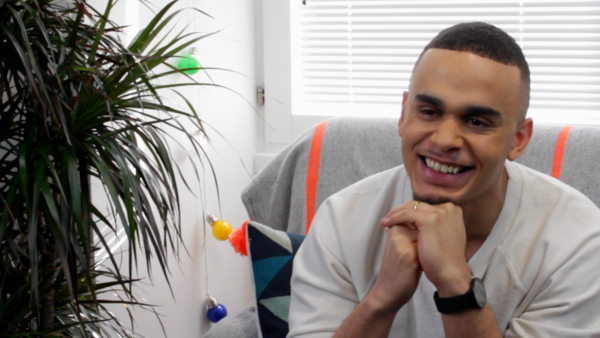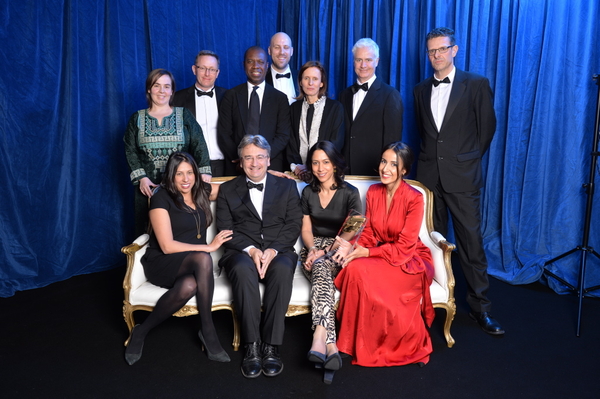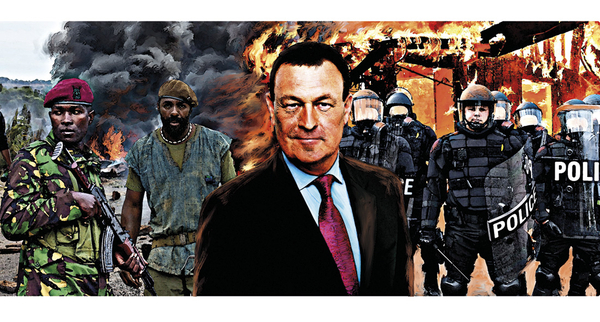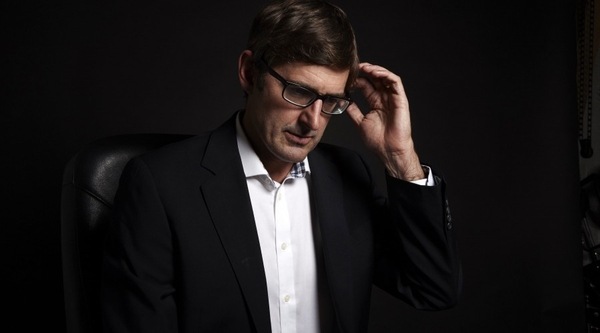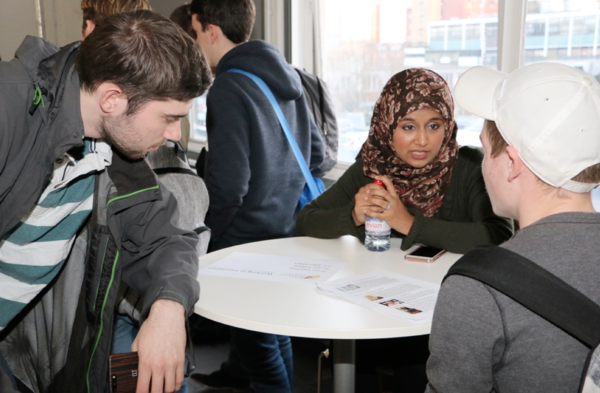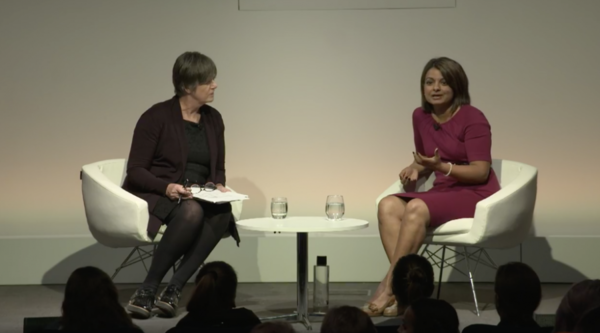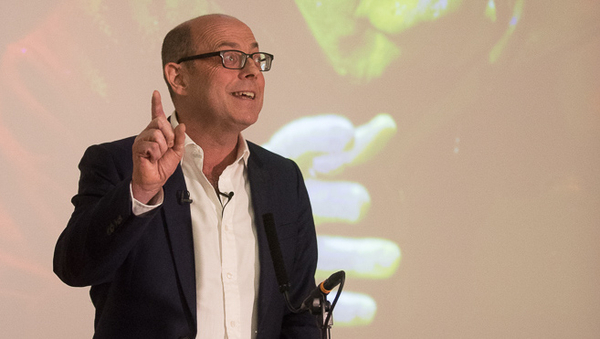Charlotte Moore delivers the Steve Hewlett Memorial Lecture 2018
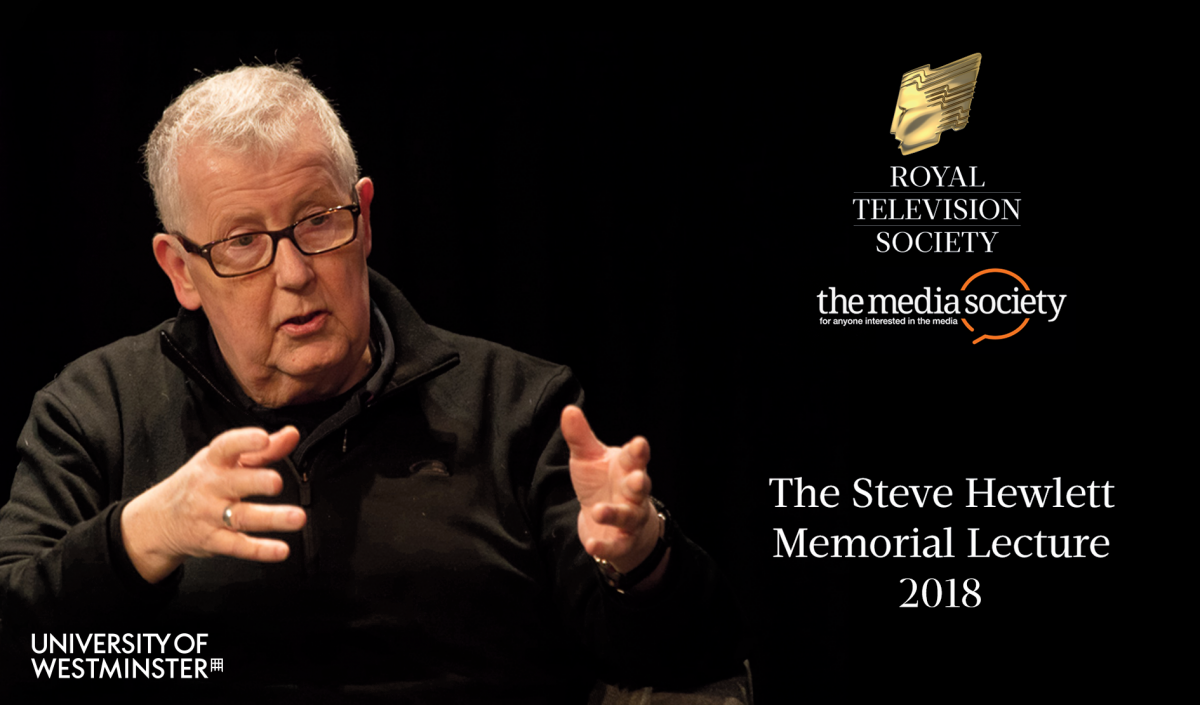 Charlotte Moore to deliver the Steve Hewlett Memorial Lecture 2018
Charlotte Moore to deliver the Steve Hewlett Memorial Lecture 2018
This year's Steve Hewlett Memorial Lecture, promoted by The Media Society and the Royal Television Society will take place on Thursday 11 October 2018 at the University of Westminster. The speaker this year is BBC Director of Content, Charlotte Moore.


